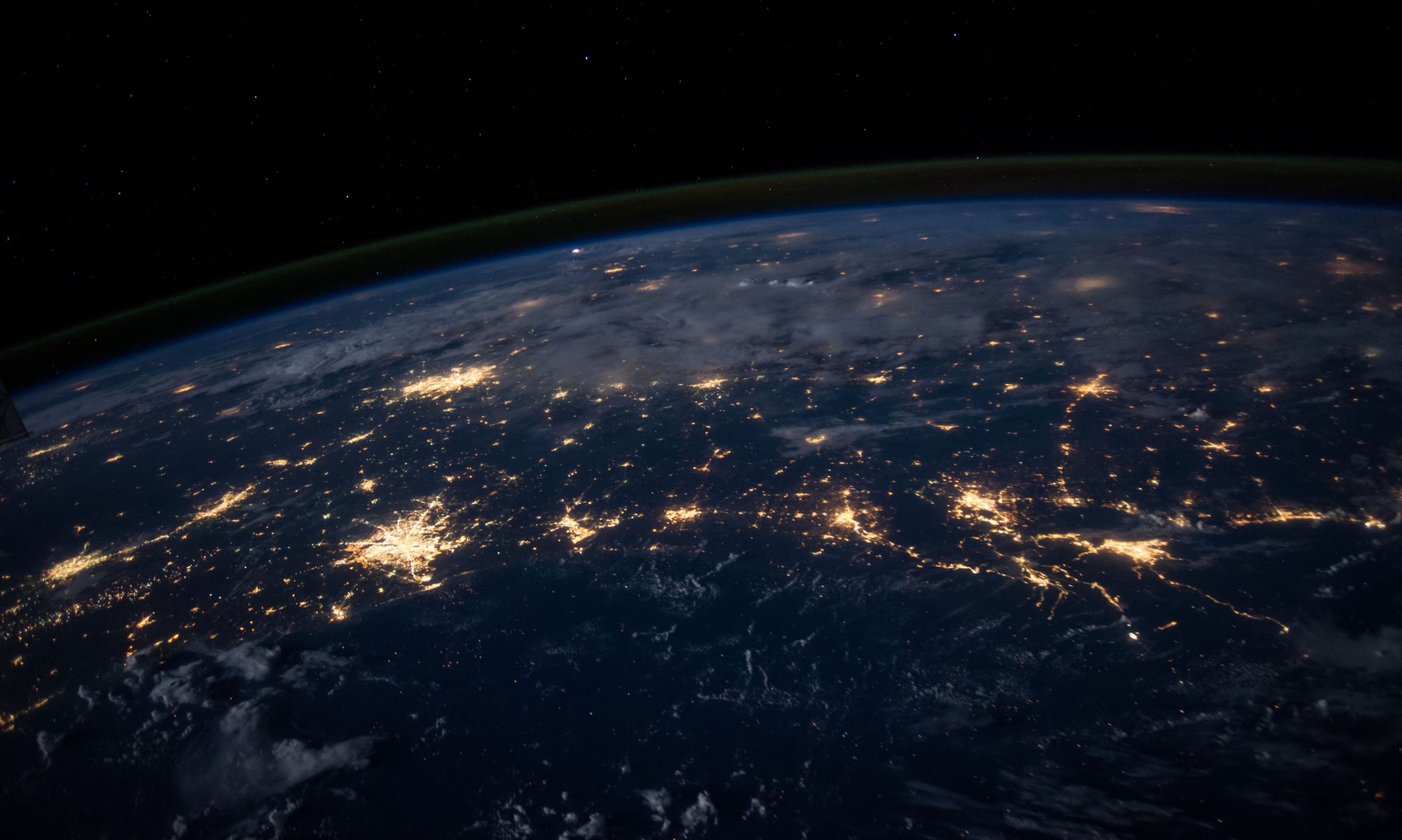I am one of those blithe technologists who doesn’t really care that Google knows where I am, what I’m interested in, and who I know. But I also know that I don’t like Facebook for exactly the same reasons. As I am a pastiche of the choices I make, I accept some cognitive dissonance related to something like data.
And if you insist on either total privacy or data freedom, then I would ask you if you only eat foods that are healthy for you or bad for you? Do you exercise every day or when you can, or just when you feel like it? Do you never speed when driving, or do you speed sometimes?
Just as with life choices, we make decisions about our data the same way. This is both good and bad. When a birth date is demanded of me by some website, I often lie. Their data is now corrupt, but usually within a few days of my actual birth date, so for their purposes perhaps close enough is good enough.
Ideally, our data would flow anonymously to all the corporations and governments that need to make use of it. Right now, of course, the US Government doesn’t collect a lot of data that could protect us, and does collect some stuff that constitutes an invasion of privacy.
Of course Big Data can (and will) be used for troubling purposes. But it could also rectify current injustices caused by ‘broad brush’ data mining. If you have perfect credit but live in a neighborhood and have an income that would generally suggest you aren’t credit-worthy, broad brush data might suggest you not receive a mortgage to buy a house.
In other words, I don’t believe we need to know all the ramifications of varying levels of privacy or lack thereof before moving forward into a new, autonomous age. Humans are really good at solving problems. They also create a lot of them on the way.

